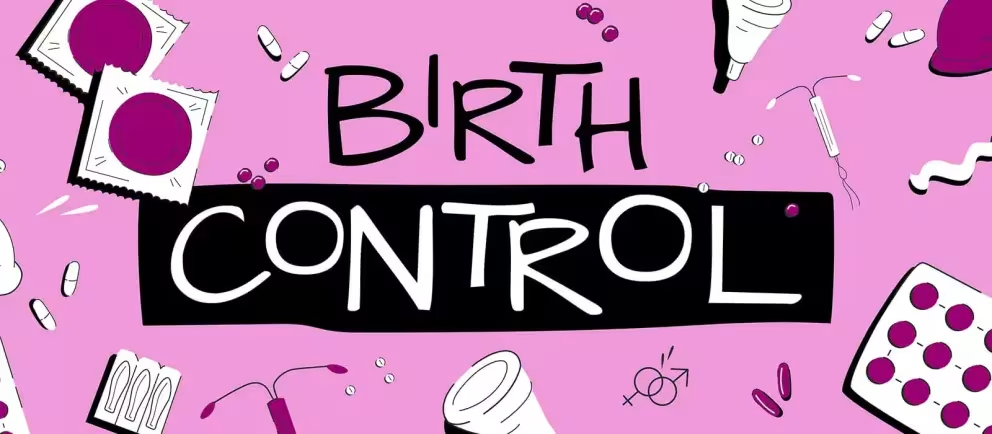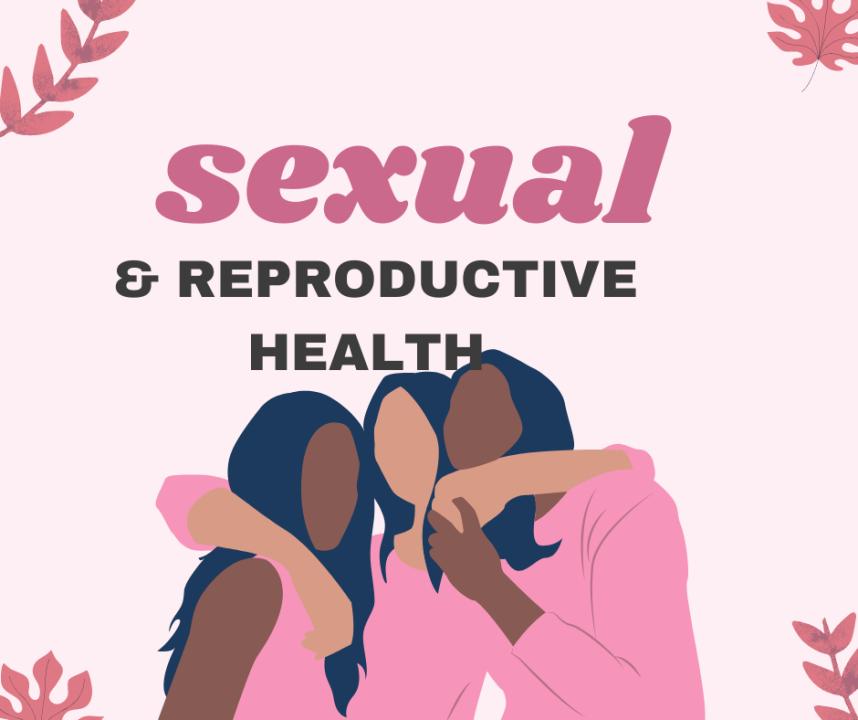🛡️ Safe Birth Control Options & Reproductive Health Myths: What You Need to Know
Understanding birth control and reproductive health is vital for anyone seeking to make informed decisions about their body, fertility, and overall well-being. With so much misinformation floating around, it’s time to separate facts from myths and explore the safe, science-backed options available today.
💊 Safe & Effective Birth Control Options
There’s no one-size-fits-all method of birth control. Each option comes with its own benefits and considerations, depending on your health, lifestyle, and reproductive goals.
1. Hormonal Methods
- Birth Control Pills
– Taken daily, highly effective (91%-99%)
– Regulates periods and reduces menstrual cramps
– Must be taken consistently to work - Birth Control Patch / Ring
– Worn on the skin or inserted in the vagina
– Changed weekly or monthly
– Steady release of hormones - Birth Control Shot (Depo-Provera)
– Injection every 3 months
– Convenient for those who don’t want daily pills - Hormonal IUDs (Mirena, Kyleena, etc.)
– Inserted into the uterus by a doctor
– Lasts 3–7 years
– Very low maintenance, over 99% effective
2. Non-Hormonal Methods
- Copper IUD (ParaGard)
– Hormone-free, lasts up to 10 years
– May cause heavier periods initially
– Over 99% effective - Condoms (Male & Female)
– Prevent pregnancy and STIs
– Easily accessible and affordable
– Best when paired with another method - Diaphragm & Cervical Cap
– Barrier methods used with spermicide
– Must be fitted by a doctor
– Moderate effectiveness - Fertility Awareness Methods (FAM)
– Involves tracking ovulation and avoiding intercourse on fertile days
– Requires consistency and training
– 76%–88% effective with typical use - Permanent Methods (Sterilization)
– Tubal ligation (women) or vasectomy (men)
– Best for those who are certain they don’t want children in the future
❌ Top Reproductive Health Myths – Debunked
Let’s clear up some of the most common myths that may be affecting your choices.
🚫 Myth #1: You can’t get pregnant during your period
✔️ Fact: While less likely, sperm can live up to 5 days, and early ovulation may occur.
🚫 Myth #2: Birth control causes infertility
✔️ Fact: Most hormonal birth control methods are reversible and fertility returns quickly after stopping.
🚫 Myth #3: You must take a break from the pill every few years
✔️ Fact: No scientific need to take a “break.” Long-term use is safe under medical supervision.
🚫 Myth #4: Condoms are 100% effective
✔️ Fact: Condoms are 85% effective with typical use. Use consistently and correctly, or pair with another method for more protection.
🚫 Myth #5: Natural methods are unreliable
✔️ Fact: Fertility awareness and cycle tracking can be effective if done accurately with training or apps.
🩺 Tips for Choosing the Right Birth Control
- Talk to a doctor: Especially if you have health conditions or are on medication.
- Be honest about lifestyle: Some methods require daily attention; others are set-and-forget.
- Think long term: Do you want kids soon? Ever? Consider reversible vs permanent options.
- Protect against STIs: Hormonal methods don’t protect from sexually transmitted infections — condoms do.
🔍 SEO Keywords (for better search visibility)
- Safe birth control options
- Reproductive health myths
- Hormonal vs non-hormonal birth control
- How to choose contraception
- Fertility awareness method
- STI protection
- Contraceptive guide for women
- Birth control pills and side effects
✅ Final Thoughts
When it comes to your reproductive health, knowledge is power. Safe birth control options are widely available and more customizable than ever. Don’t let outdated myths or peer pressure guide your choices — make informed decisions that suit your body and life goals.
Whether you’re preventing pregnancy, managing health conditions, or just exploring your options, there’s a method out there for you. 🌸




